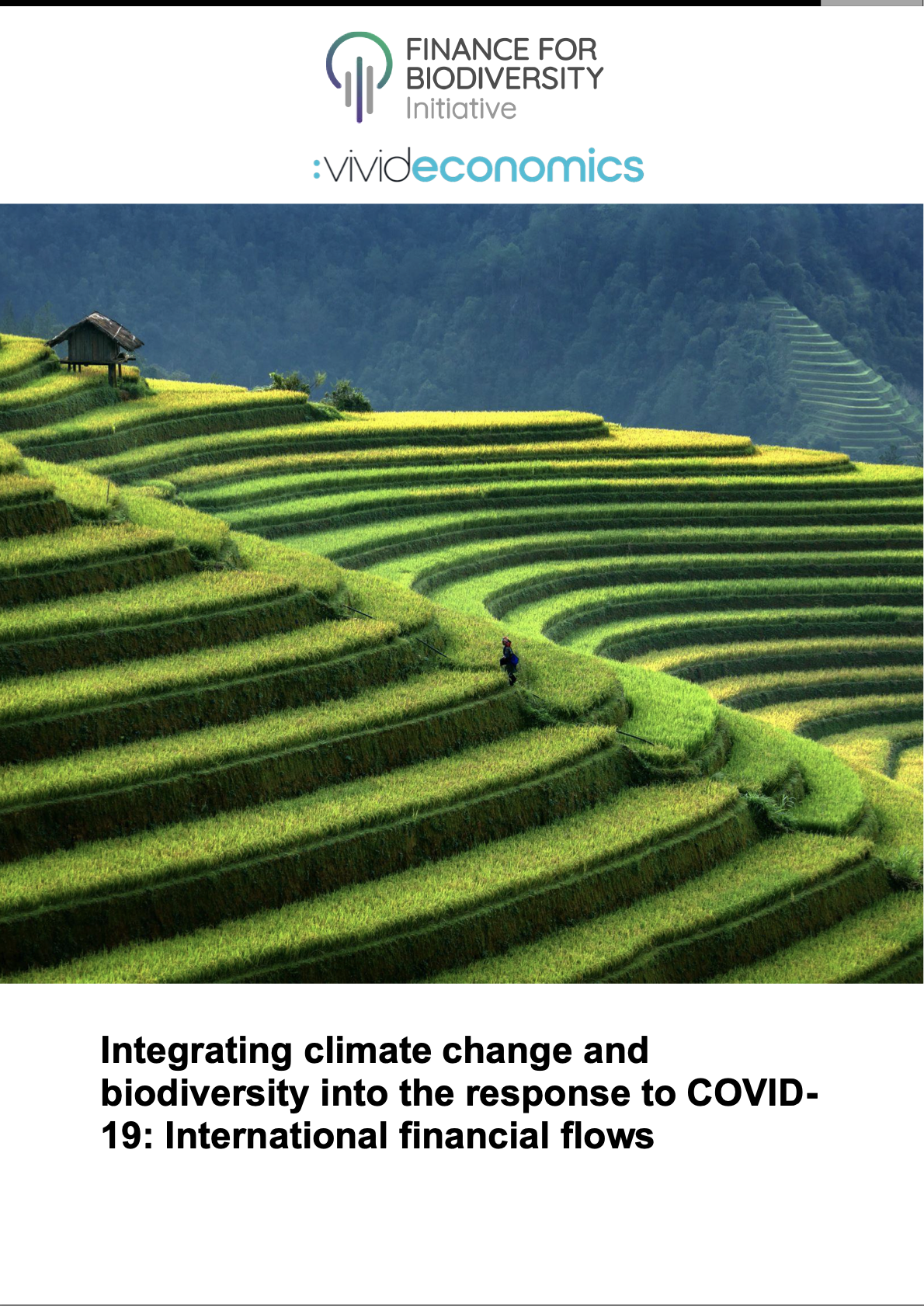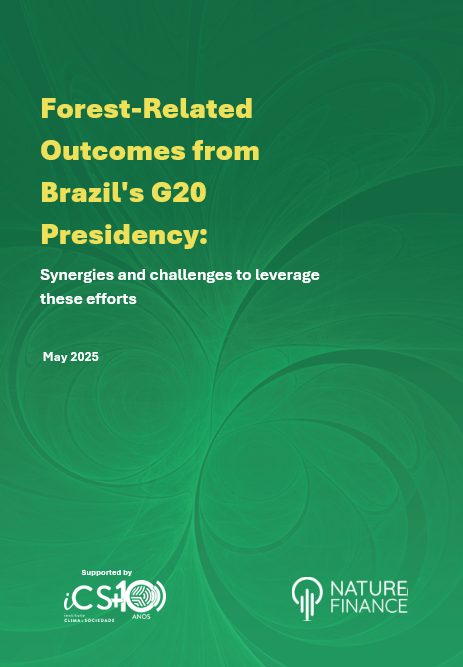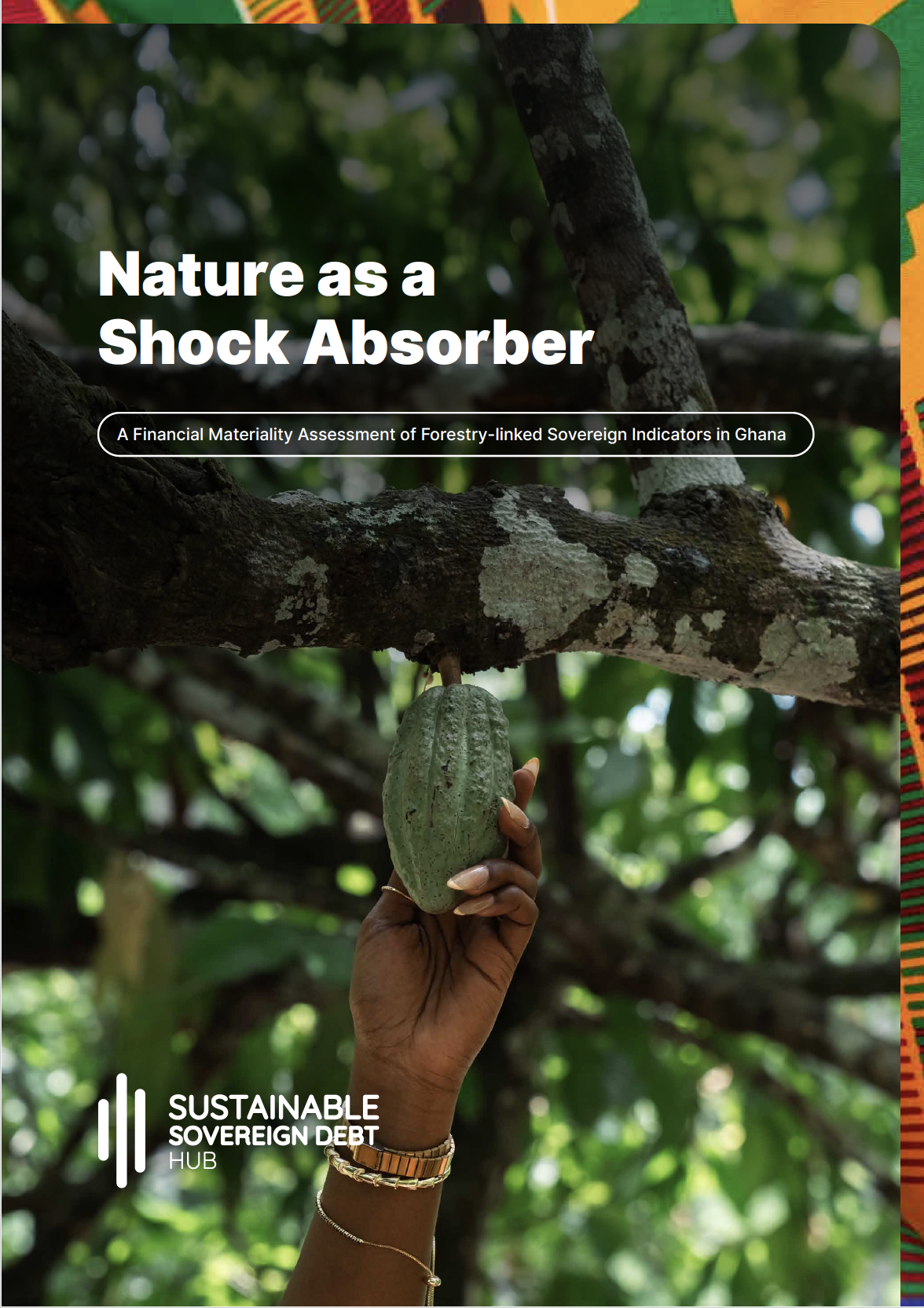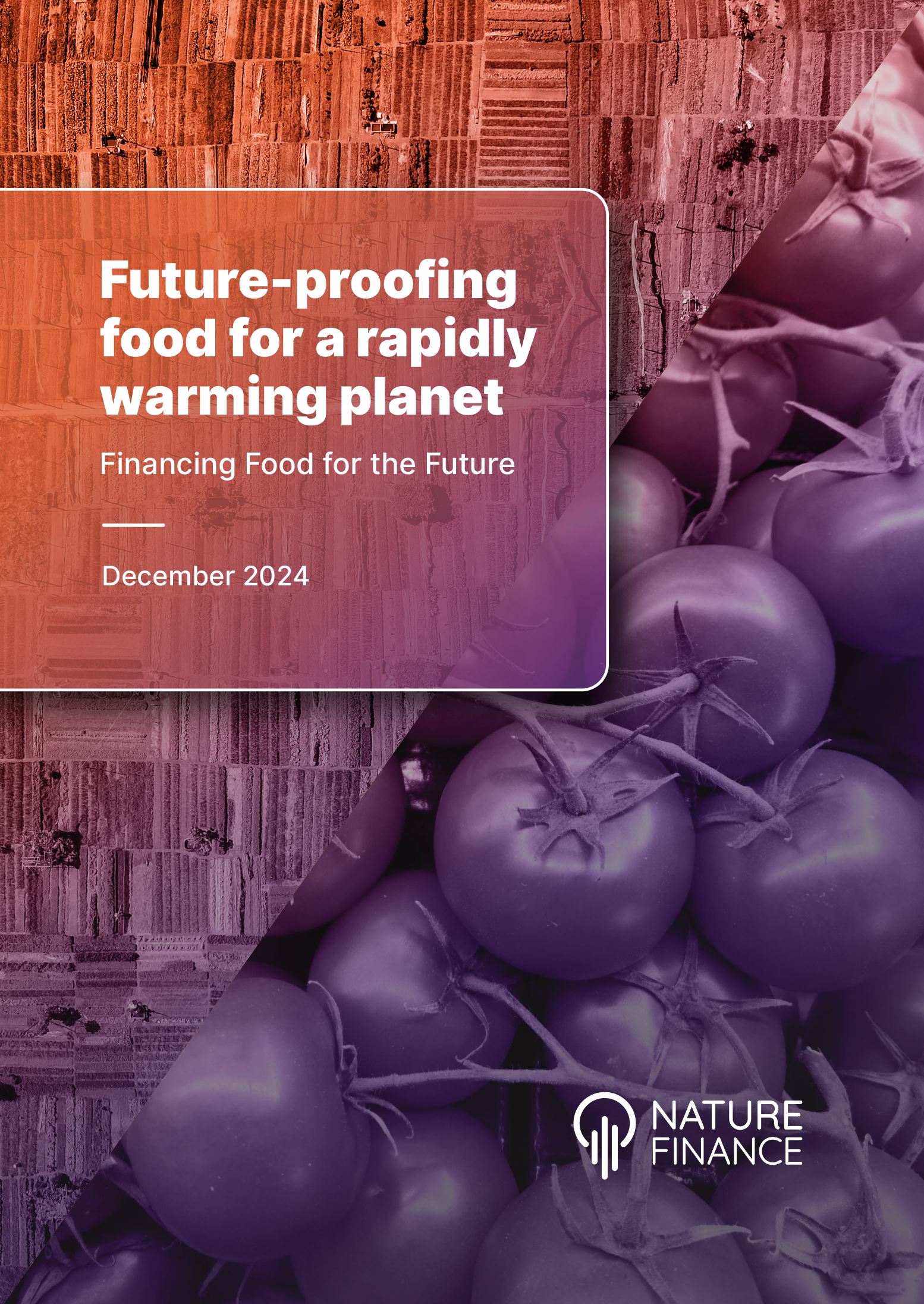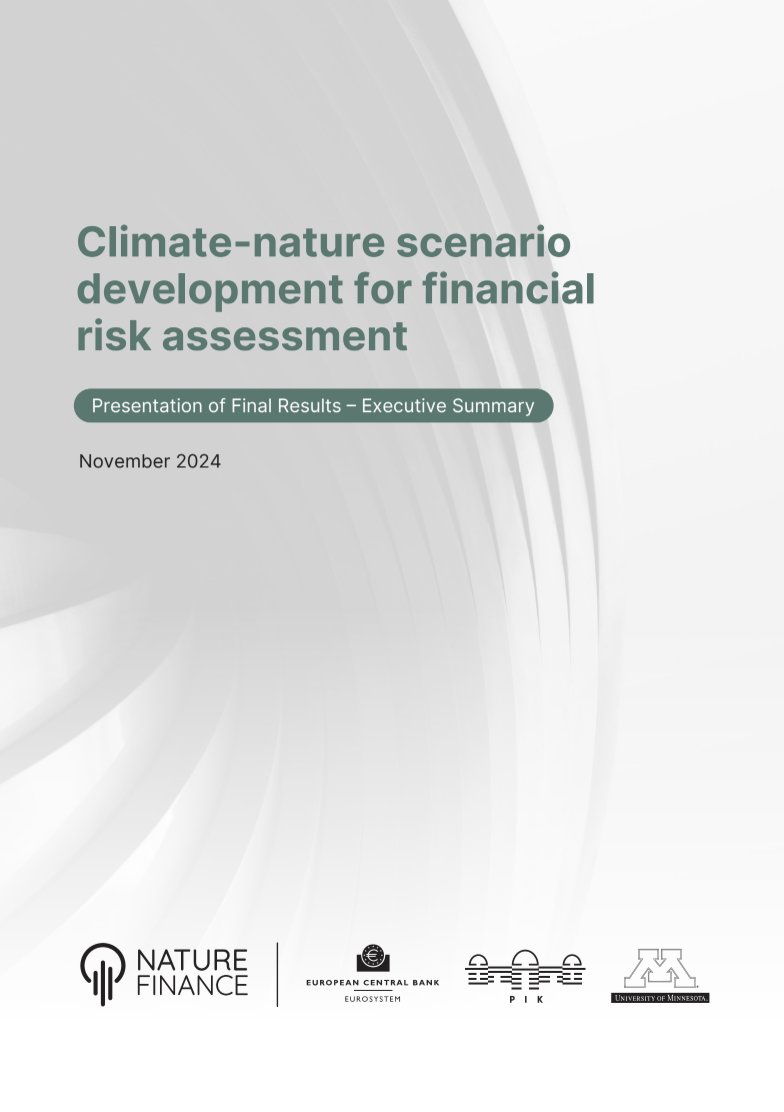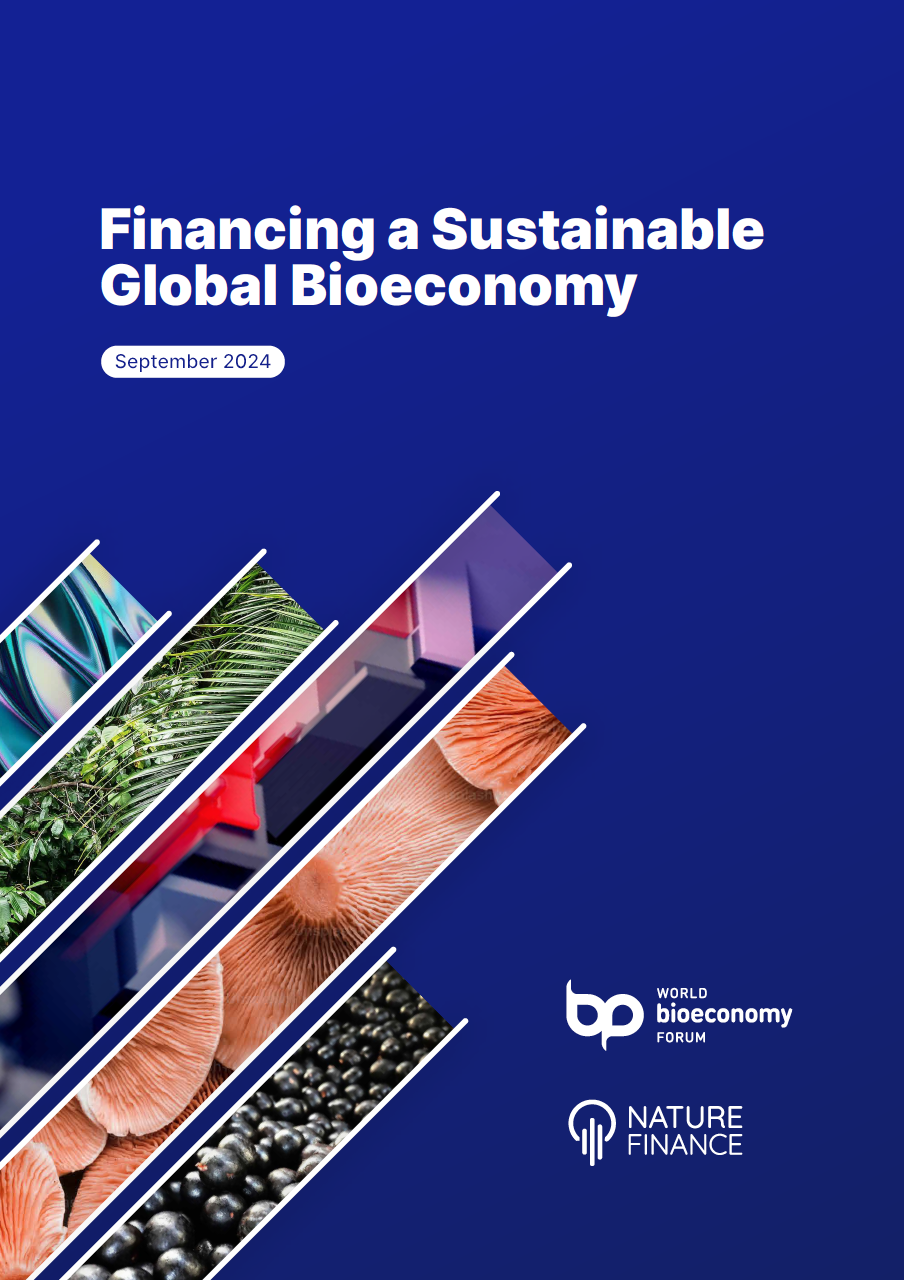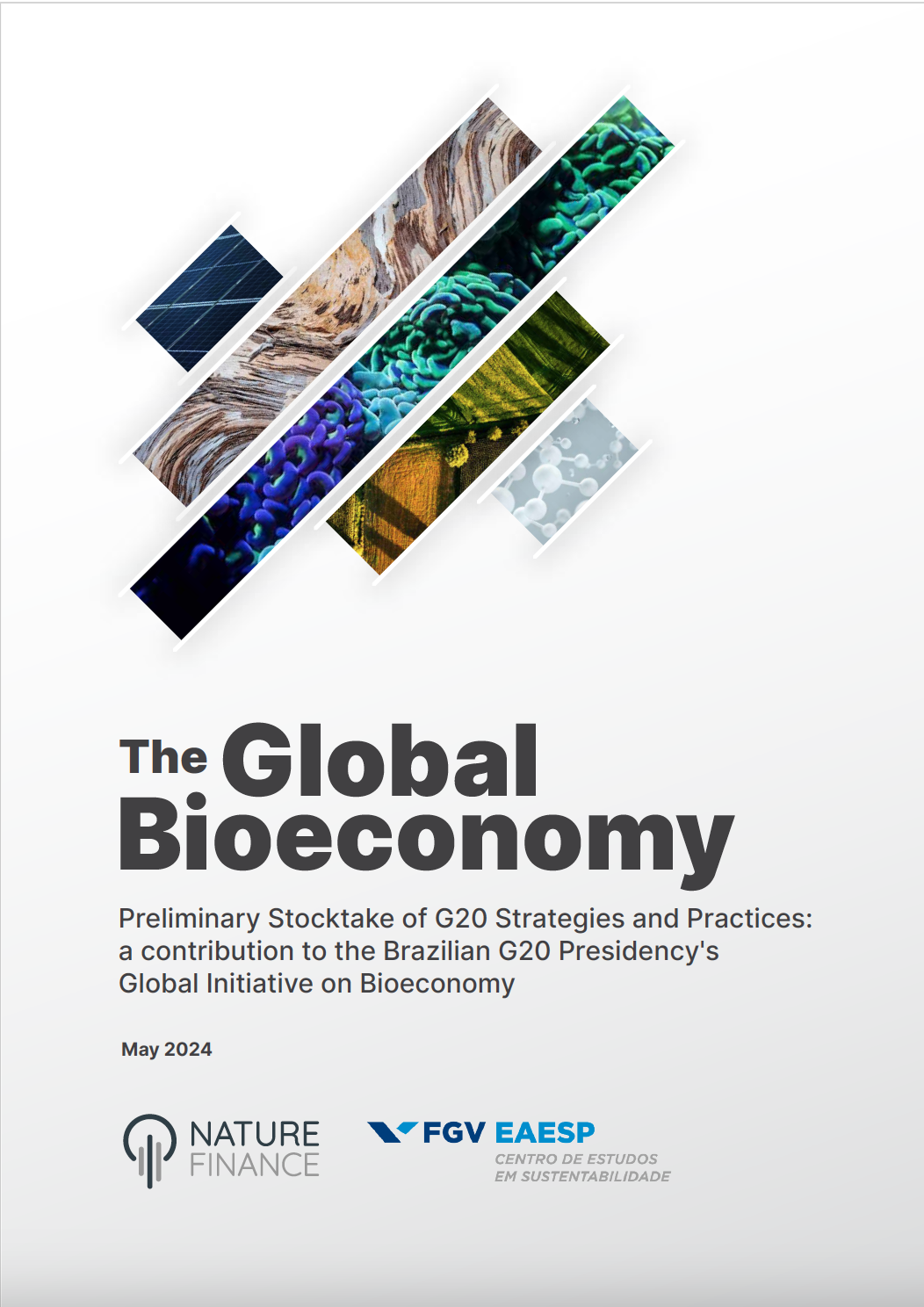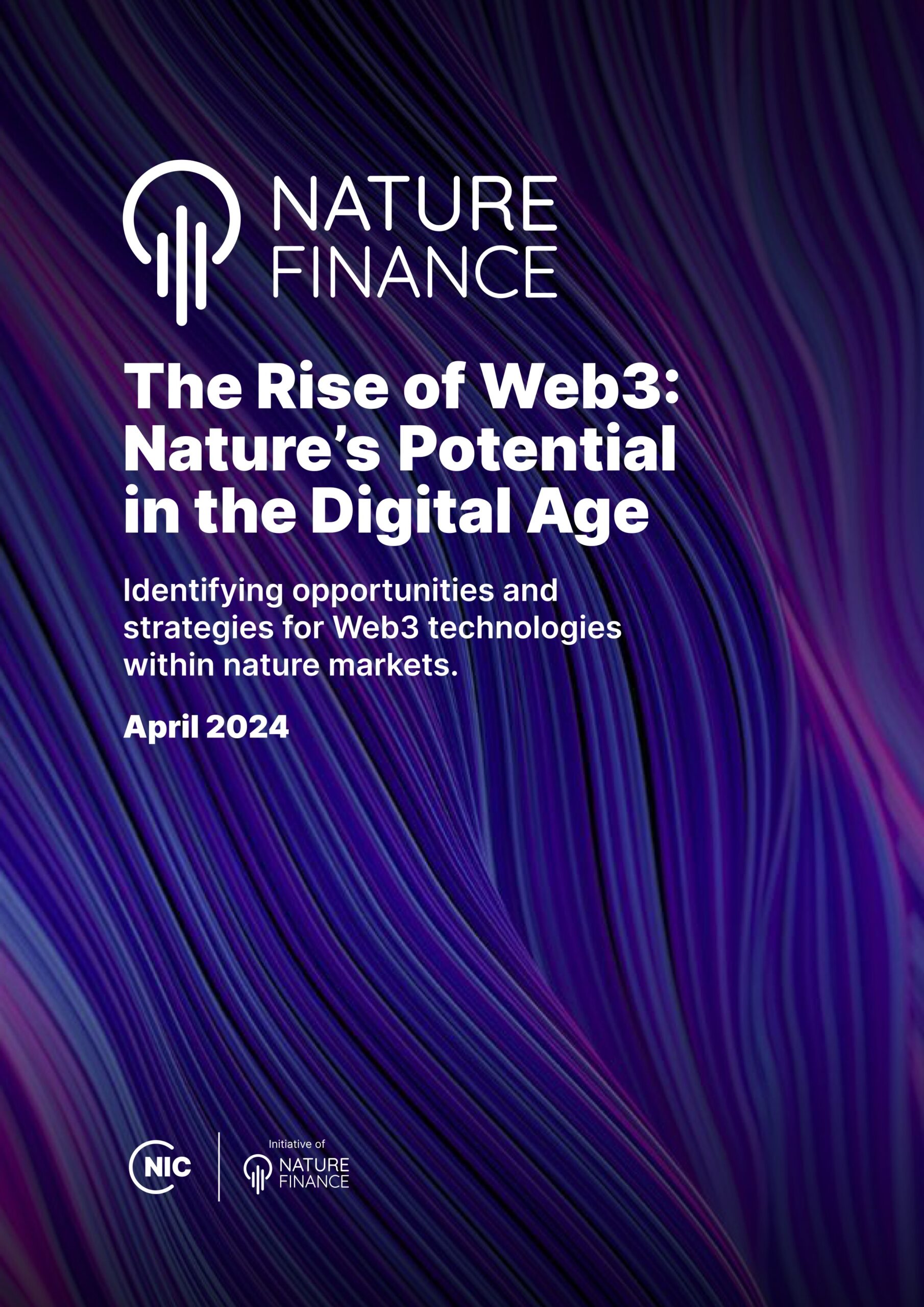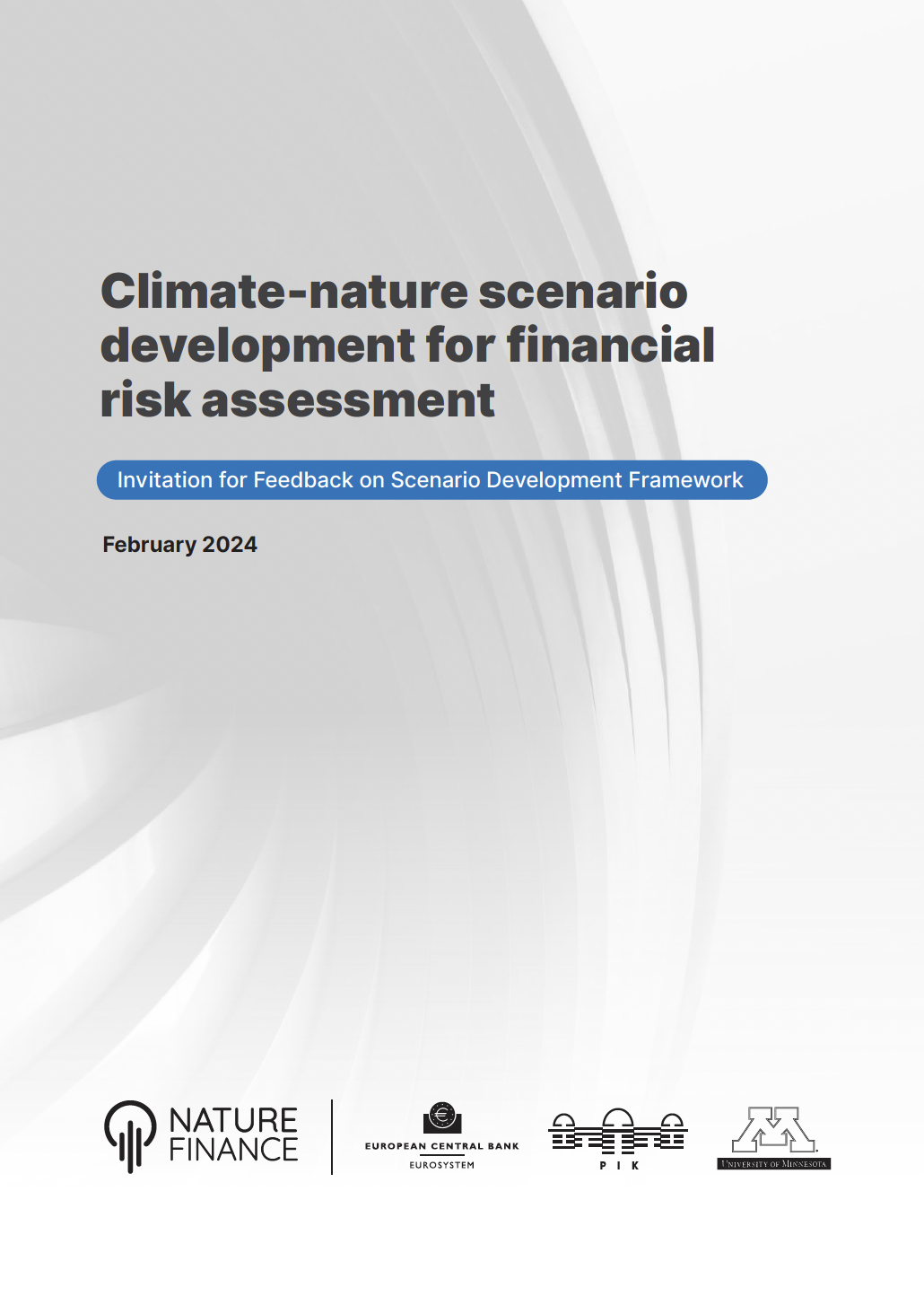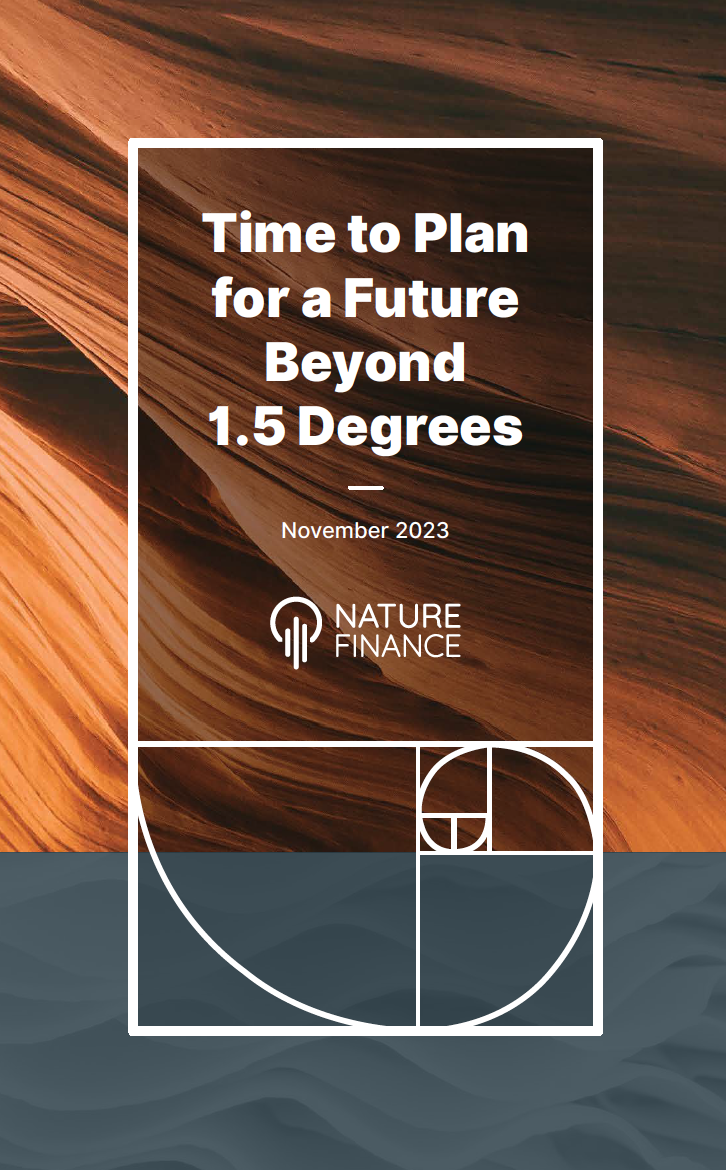International financial flows
This note is part of a series looking at climate change and biodiversity considerations in economic responses to COVID-19. Other notes look at scoring economic stimulus packages via a green stimulus index, corporate bailouts with green strings attached and employment promotion reforms. This note may be updated as circumstances develop.
This note has three main aims:
- Make the case for channelling emergency international financial flows into the agriculture sector in developing countries, highlighting that the rural population is especially vulnerable to the economic consequences of COVID-19 and failing to protect the industry could trigger a food crisis.
- Make the case that this funding should be tied to the achievement of environmental goals, highlighting the need to support the sustainable transformation of this sector, avoid backtracking toward unsustainable practices, and hence reduce emerging risks to the sector.
- Estimate the magnitude of public international capital flowing into agriculture in developing countries; and highlight instruments that could be used to enhance the value of nature.
